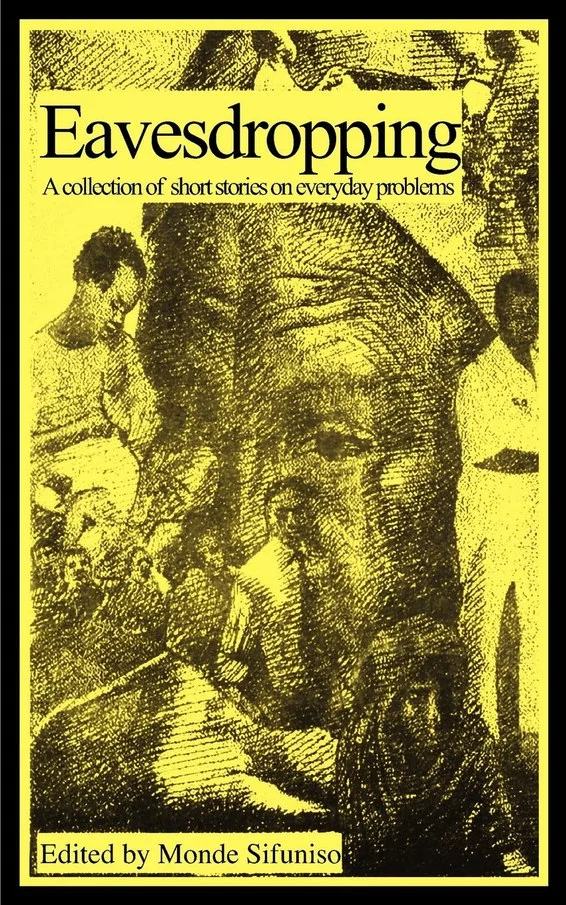Sudan: The Wedding of Zein (Tayeb Salih, trans. Denys Johnson-Davies)
Tayeb Salih (1929-2009) was born in Al Dabbah, Sudan. He studied at the University of Khartoum before moving to England to study at the University of London. Although he intended to work in agriculture, he spent most of life in broadcasting. He wrote a weekly column for the newspaper al Majalla for more than ten years, and worked for the BBC's Arabic Service. The last ten years of his life were spent with UNESCO in Paris.
Background: From c. 800 BC-350 AD, the Kingdom of Kush ruled in Sudan. By the 6th century, there were three Nubian kingdoms, all of which converted to Christianity. In 639, Muslim Arabs invaded, but the Nubians successfully fended them off. During the 11th-12th centuries, the kingdoms went into decline, and in the 15th century, Bedouin tribes conquered much of Sudan. From c. 1500, two Arab tribes emerged in the North, the Ja'alin and the Juhaynah, and the Funj people conquered the south, establishing the Blue Sultanate, which lasted for centuries until the Egyptians invaded in 1820. At the end of the century, 1882, Sudan was left under this government, known for its taxation. Muhammad Ahmad ibn Abd Allah (Guided One) rose in the north, imposing Sharia law, but successfully campaigned against the Egyptians. In the 1890s, the English attempted to re-establish colonial control over Sudan, and in 1899, Britain and Egypt agreed to run Sudan by a governor-general appointed jointly. Until 1956, the the British ran the country as essentially two halves, North and South. After Egypt's revolution, there was a push for independence, and a referendum resulted in a new democratic government in 1956. In 1969, a coup destabilized the government, and all political parties were abolished. From 1955-1972, the First Sudanese Civil War raged between the north and south, during which 500,000 people perished. Although an agreement halted the fighting for ten years, the Second Sudanese Civil War began in 1983, continuing until 2005. Two million people died, and four million were displaced, along with many other human rights violations. In 2005, the Nairobi Comprehensive Peace Agreement was signed. A unanimous vote favored succession of South Sudan. Since 2009, there have been many conflicts between various nomadic tribes and resulting civilian casualties.
NYRB's book contains The Wedding of Zein along with two other short stories, "The Doum Tree of Wad Hamid" and "A Handful of Dates." The Wedding of Zein is a strange tale, concerning the village idiot, Zein, who has always been a strange and funny man. He is hairless, he has only two teeth, and he constantly falls in love, only to have the object of his desires marry someone else. It's going around the village, however, that Zein is to be married! While the first part of the book follows his life story, explaining his background and his friendship with a Sufi holy man. Zein is attacked by Seif al-Din, another villager, and when Zein begins to fight back, the Sufi man appears, blessing both men and the village. The following year, many miracles occur in the town, the best of which is Zein's marriage to one of the village's best women. Although a peculiar tale, it is not one that I found terribly interesting, although I liked the other two short stories much more. Literary scholars see a lot of depth about the nature of Islam and modernism in Sudan, but the writing style leaves a lot to be desired for me, and I had trouble finding the supposed depth.






